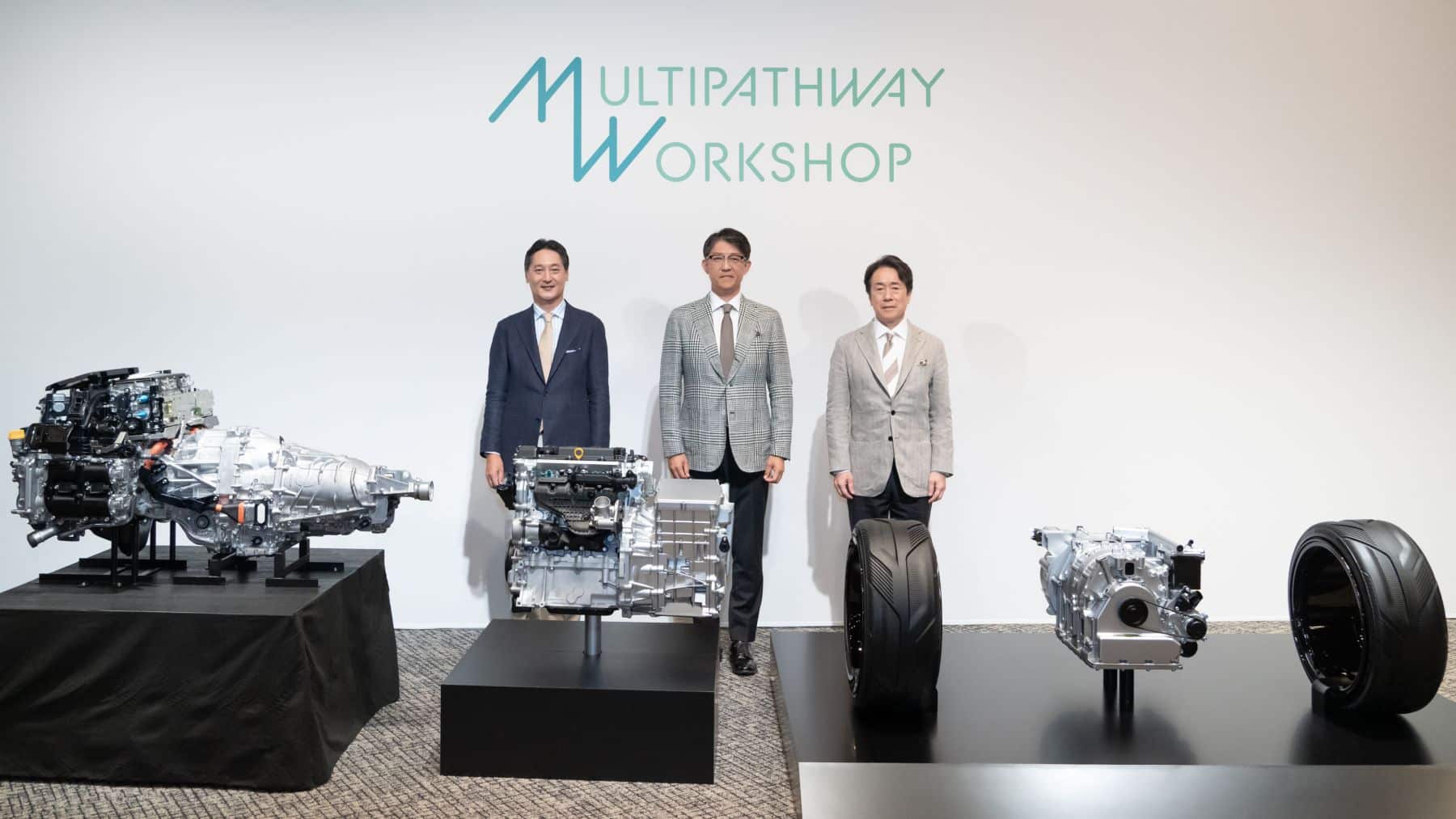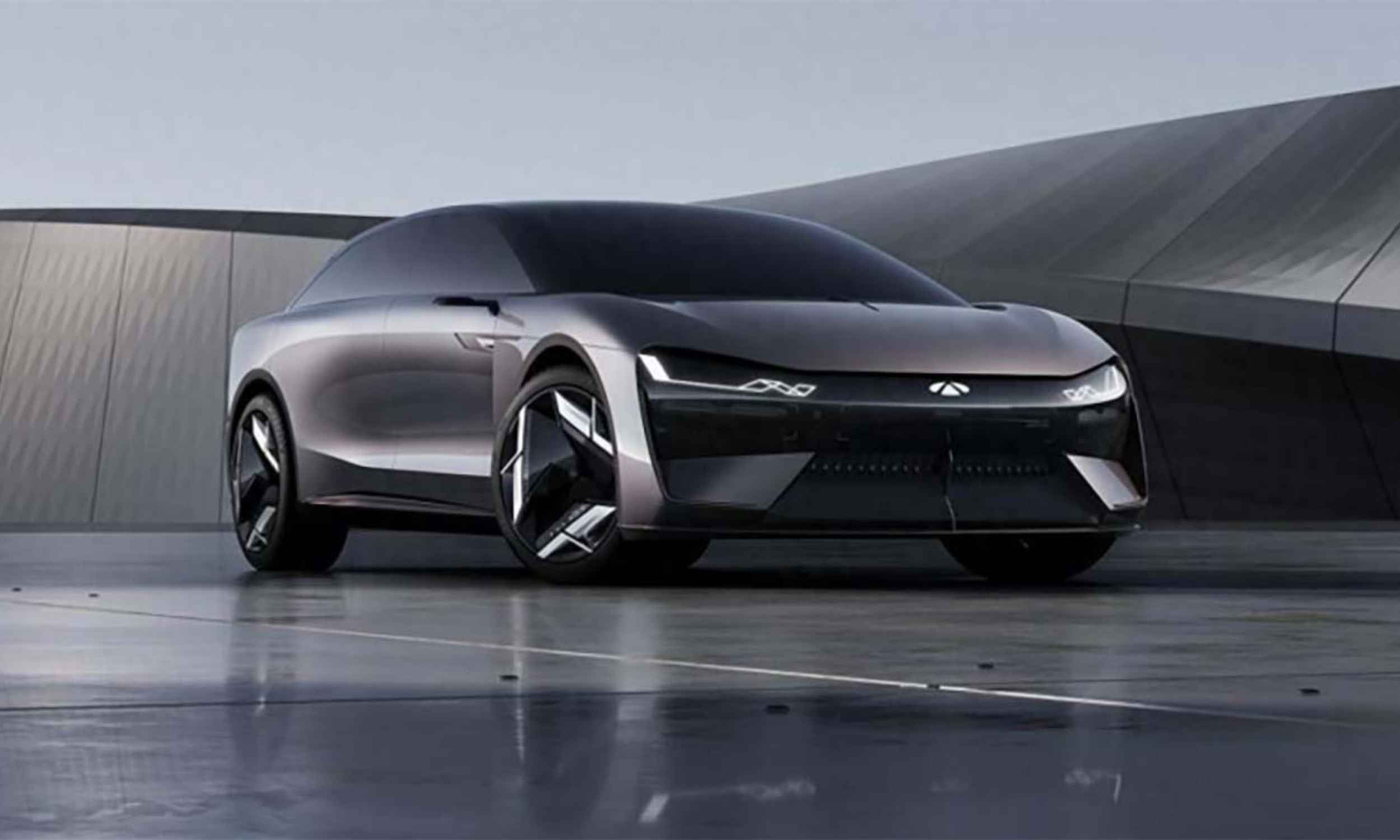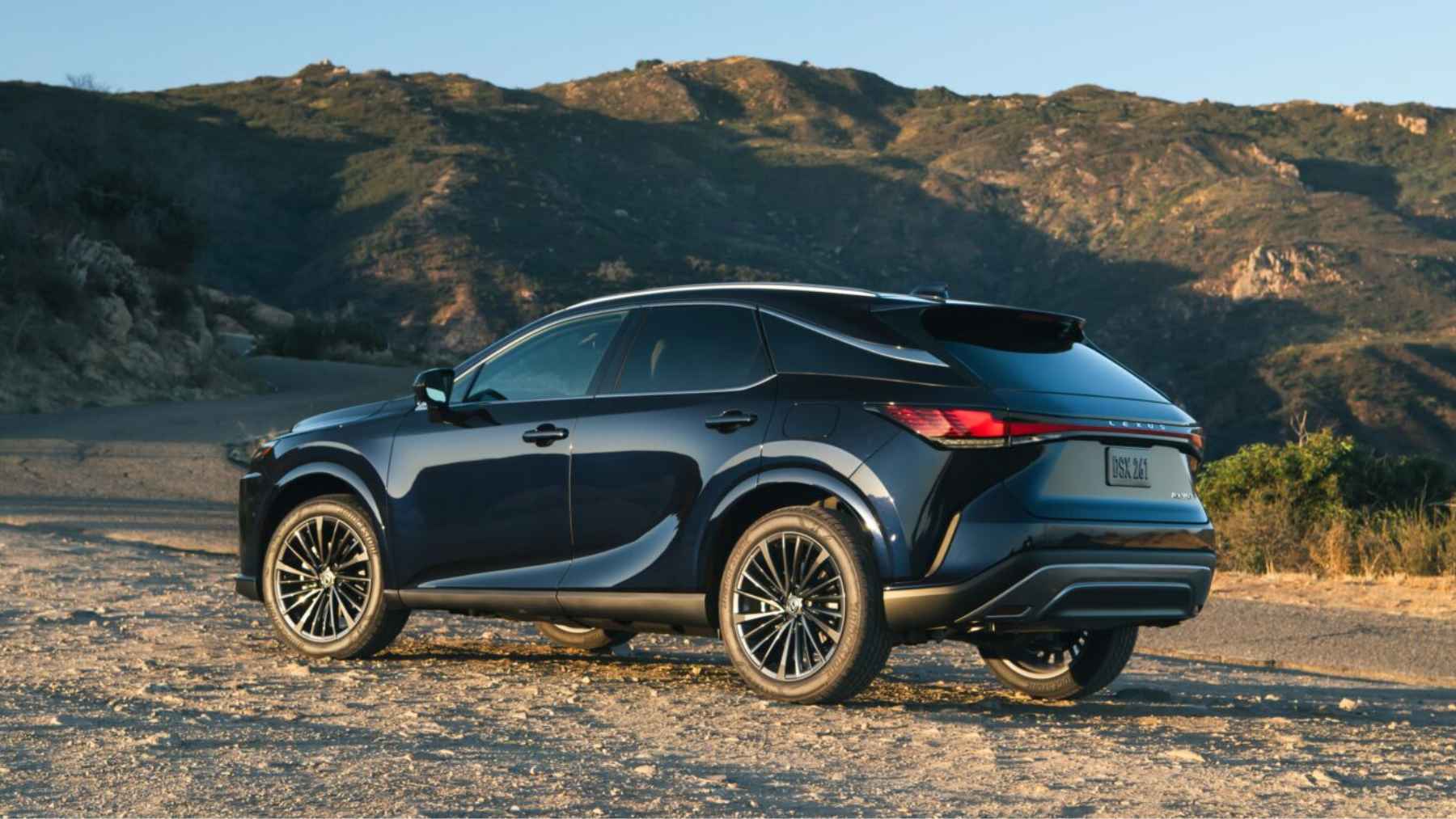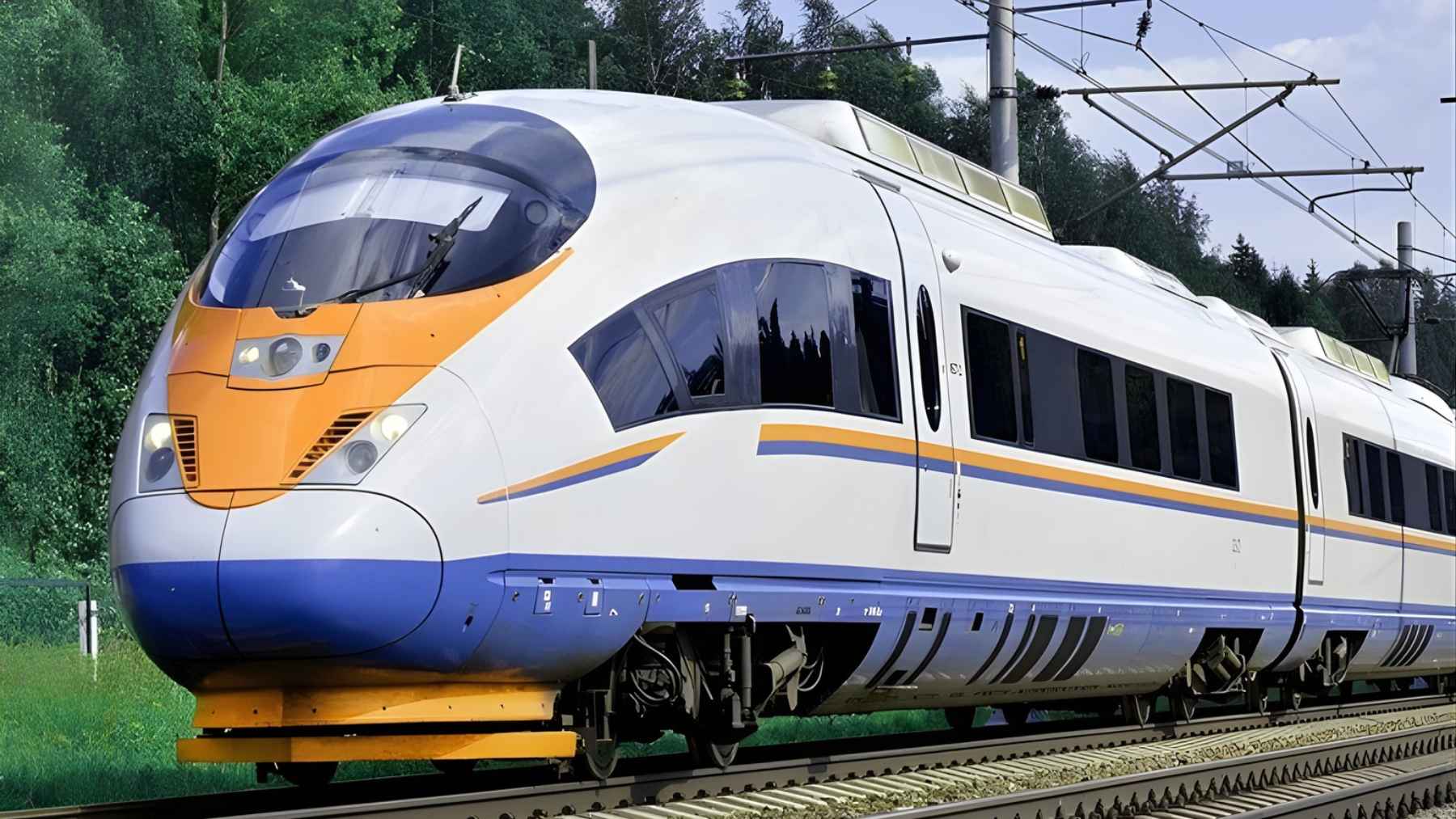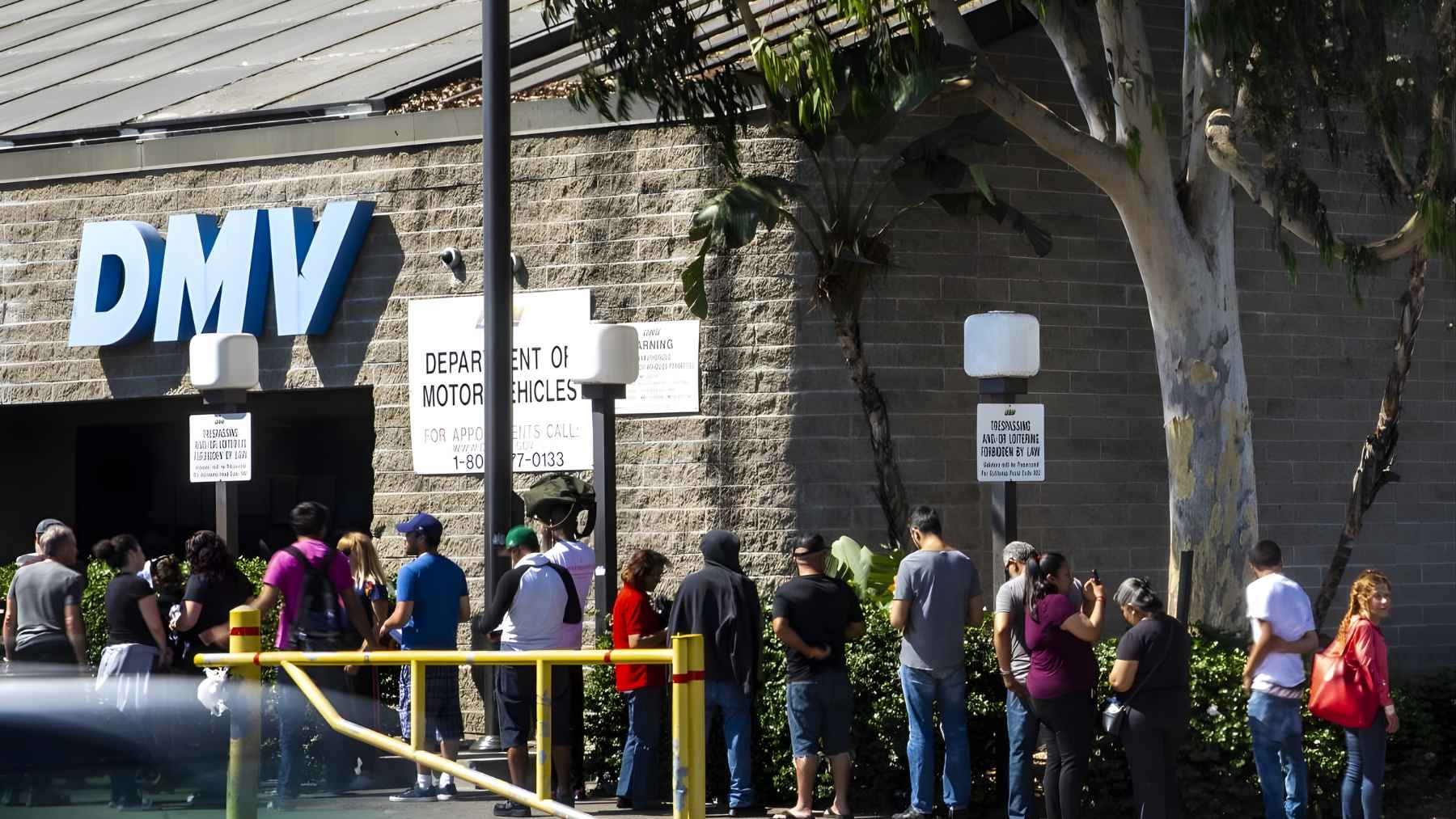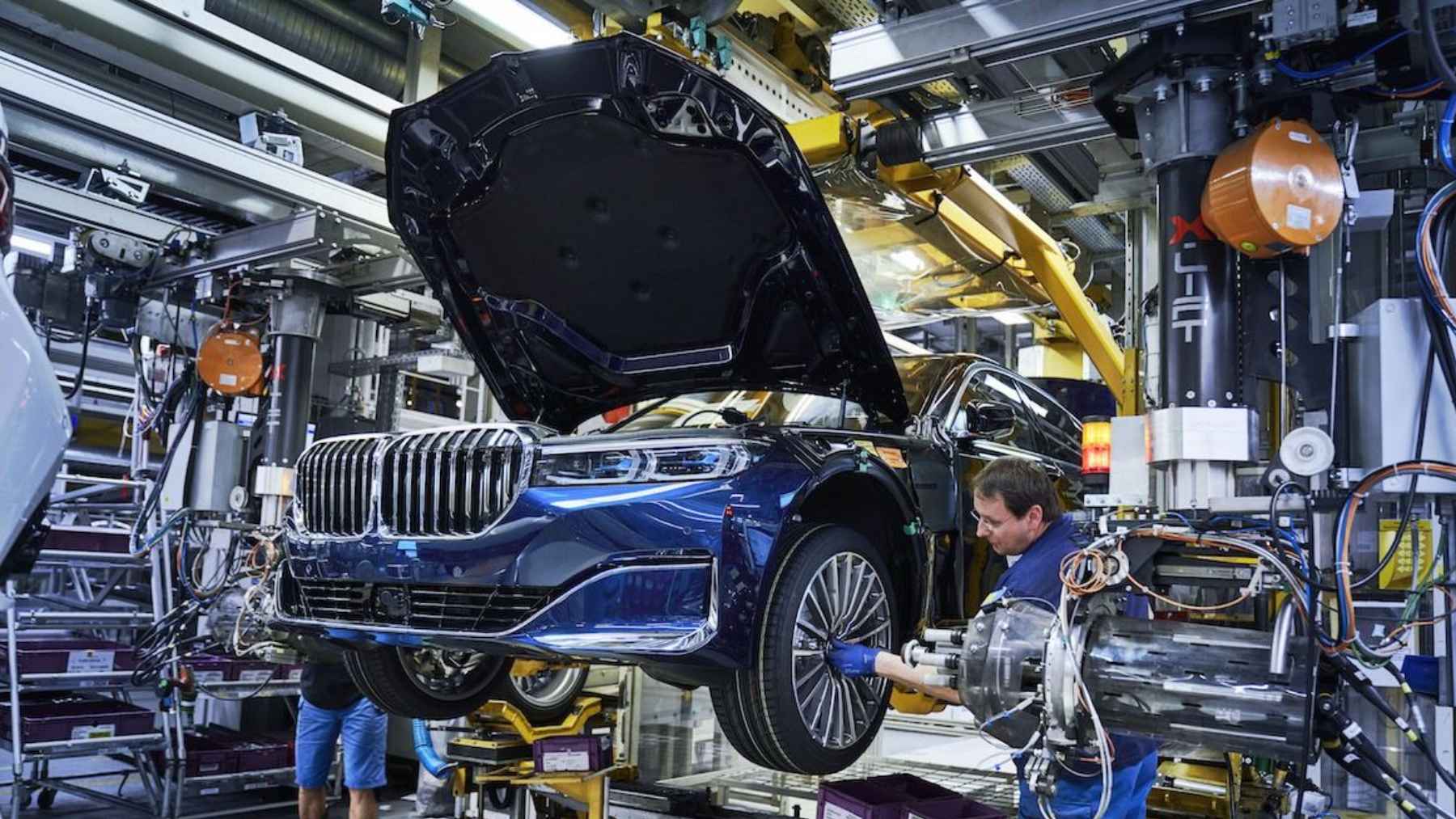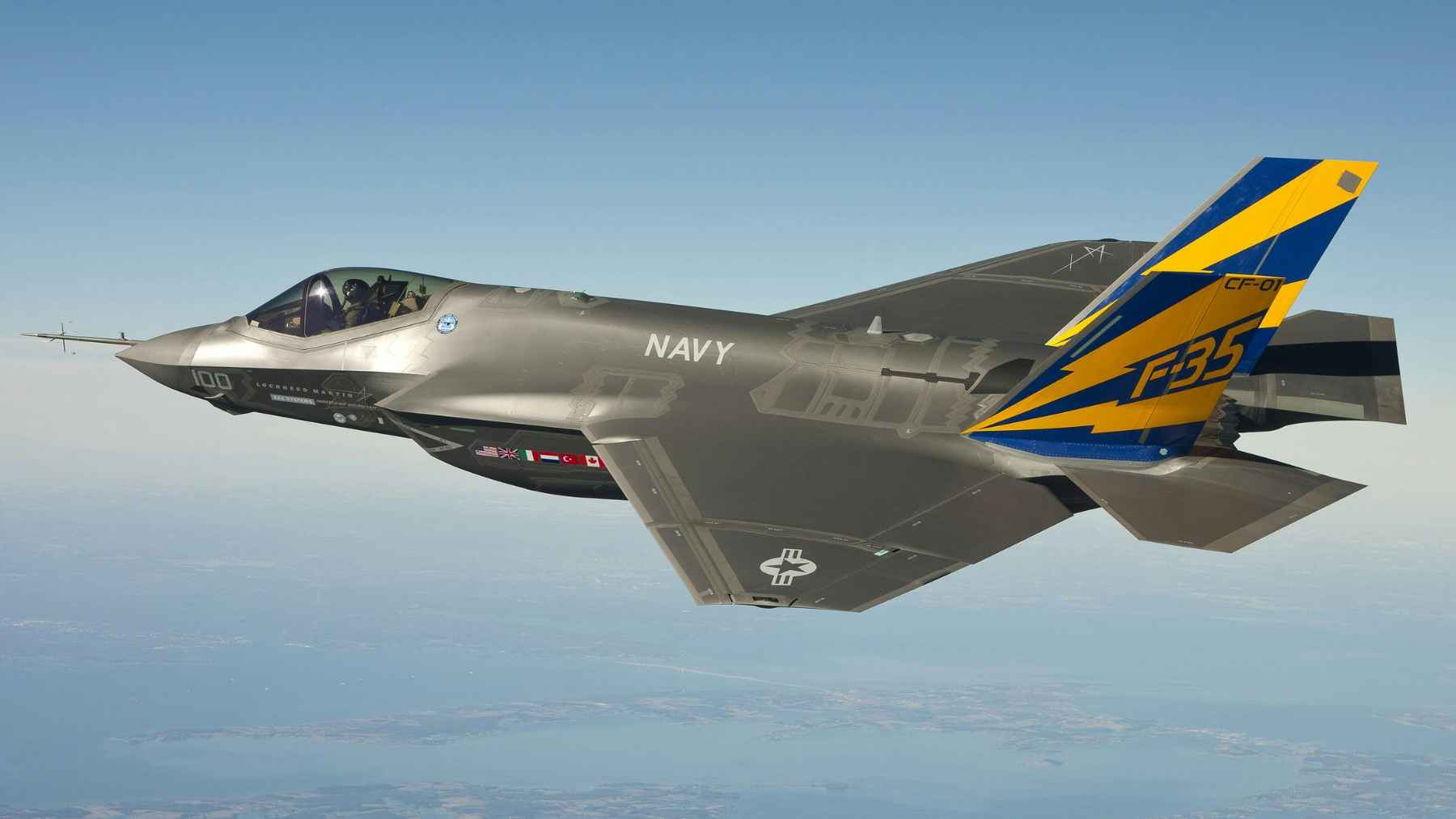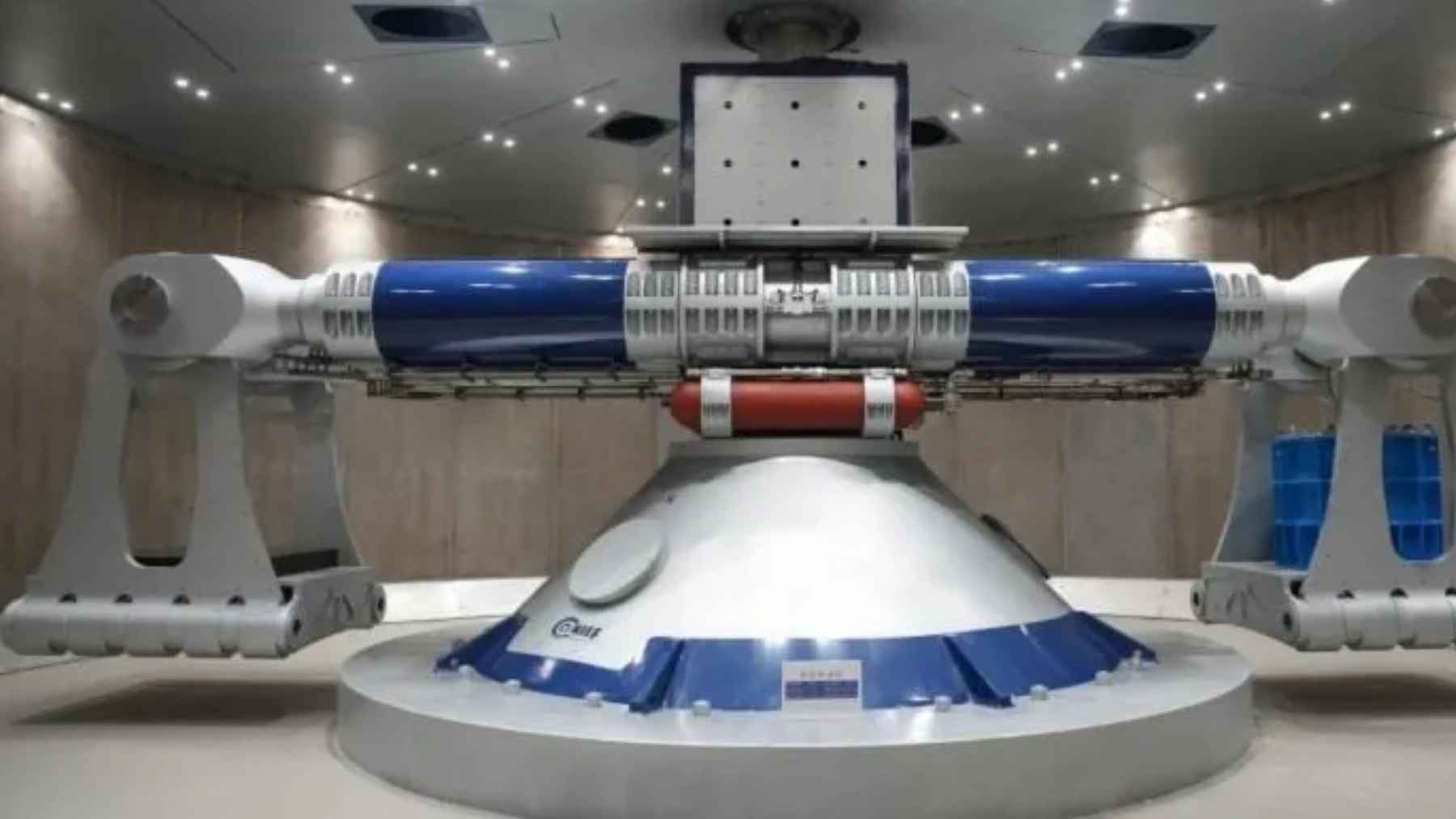As the world continues to grapple with pressing concerns related to climate change, the transportation sector has emerged with leading innovators who are designing alternative engine solutions for a carbon-neutral future. While many automobile companies have placed their bets on the potential of the electric engine. Some, like Japanese automaker Toyota, have been pioneering hydrogen fuel-cell technology. However, Toyota has also faced backlash with regards to this technology.
Toyota continues to pioneer hydrogen technology
Toyota has continuously been at the forefront of hydrogen fuel-cell technology development. The Japanese company’s commitment to hydrogen technological investment is related to their overarching vision to ensure diversification within clean energy solutions in the automobile world in order to contribute towards a global transition towards sustainable transportation.
With the initial release of the Toyota Mirai, the company has continued to push boundaries in terms of fuel-cell vehicle application. Not only has the company developed advanced hydrogen engine solutions, but they are actively contributing towards building infrastructure to support these models. Toyota’s home country Japan has particularly seen a rapid growth in infrastructure and refueling station to support passenger fuel-cell vehicles.
Toyota faces criticism over hydrogen
Despite the innovation to emerged from Toyota from the introduction of the fuel-cell vehicle, not all see the company’s continued investment in the technology as a win. During the Paris 2024 Olympic Games, Toyota faced international criticism for the promotion of its fuel-cell vehicles. Over 100 scientists signed an open letter to Toyota describing how the technology is, in reality, not contributing towards carbon neutrality.
According to the letter, the vehicles are not as effective at countering carbon emissions as electric vehicles, and Toyota’s continued investment in the technology is preventing the accelerated adoption of electric engines over the internal combustion engine. Further, others have criticized that the lack of infrastructure still available worldwide to support these engines is making Toyota’s efforts counterproductive.
“…the nation’s hydrogen infrastructure is still very small. The vast majority (53) of America’s 54 hydrogen stations are in California (the 54th is in Hawaii), and most are clustered around California’s most populous regions. With few stations between or beyond, the Mirai is more of a homebody than a long-distance traveler,” says Aaron Gold in a 2024 post on GM: Inside News
Related to infrastructure challenges, hydrogen which is truly renewable and produced from green energy sources is not only expensive to produce but involves significant infrastructure development of wind turbines, solar panels, and other green technology. Because of this, most of the hydrogen we use in application today actually still comes from fossil fuels, meaning its carbon neutrality is rendered insignificant.
A more comprehensive solution for a carbon-neutral future
The criticism received by Toyota reflects ongoing tensions between stakeholders over how the world should progress towards a sustainable and carbon-neutral future. Increased collaboration is needed between industries, government, and businesses to combine resources and knowledge to support a sustainable future with a similar vision in mind.
While hydrogen passenger vehicles may not be supported by all, they do hold potential in the heavy-duty trucking industry as well as the aviation sector. Electrical solutions are limited for heavy-duty transportation due to the fact that they need significant charging time. Hydrogen vehicles have longer range and can also be charged in a much shorter amount of time.
In the aviation sector, aircraft (at this stage) cannot utilize electrical technology due to the density of the batteries that would be required to power an aircraft. However, hydrogen is much lighter to store, meaning that this technology holds much more potential for sustainable aircraft solutions than electric technology. Hydrogen-powered aircraft are already being tested by a variety of businesses and innovators, highlighting the industry’s recognition to move away from petroleum-based fuels.
